Sinead
O'Connor said that before being diagnosed with bipolar
disorder, she struggled with thoughts of suicide and
overwhelming fear. She'd often wake up crying for no
reason, the 40-year-old Irish singer said on
Thursday's broadcast of The Oprah Winfrey Show.
''It's like being
a bucket with holes in it. Just leaking tears from
every pore,'' said O'Connor, her closely cropped hair now
gray.
O'Connor said she
attempted suicide on her 33rd birthday, but gave no
details. She was diagnosed nearly four years ago as having
bipolar disorder, also known as manic-depressive
disorder.
She now takes
medications that serve as a mood stabilizer and
antidepressant, as well as help her sleep. The drugs have
helped her become more balanced, she said, but ''it's
a work in progress. I'm not going to sit here and
claim that I'm kinda perfect or anything. Anything is
an improvement when you've been in desolation...to be out of
that place is brilliant. It doesn't mean you don't
have lumps and bumps.''
The medications
also have provided a ''scaffolding'' to help her to work
on recovering from abuse she suffered as a child, O'Connor
said. She no longer thinks of suicide.
''I'm certainly
out of despair, which is great.''
O'Connor lives in
Dublin, Ireland, with her four children. Earlier this
year she released an album titled Theology, in
which many of the lyrics are strongly influenced by the
Bible.
Her breakthrough
hit came in 1990, ''Nothing Compares 2 U.'' She famously
tore up a photo of Pope John Paul II during a 1992
appearance on NBC's Saturday Night Live.
O'Connor told
Winfrey she has sympathy for Britney Spears.
''She had two
babies within the space of two years, [and there] doesn't
seem like a terrible amount of support from the people
around her,'' O'Connor said.
O'Connor said it
seems the media is constantly watching for Spears to
make a mistake raising her children, but that no parents are
perfect.
''I think to
attack someone as a mother is very dangerous,'' she said.
''I would say that's what puts a young girl on a precipice
which is very, very dangerous, in my opinion. Some
people may end up really regretting the way they're
treating her.'' (AP)















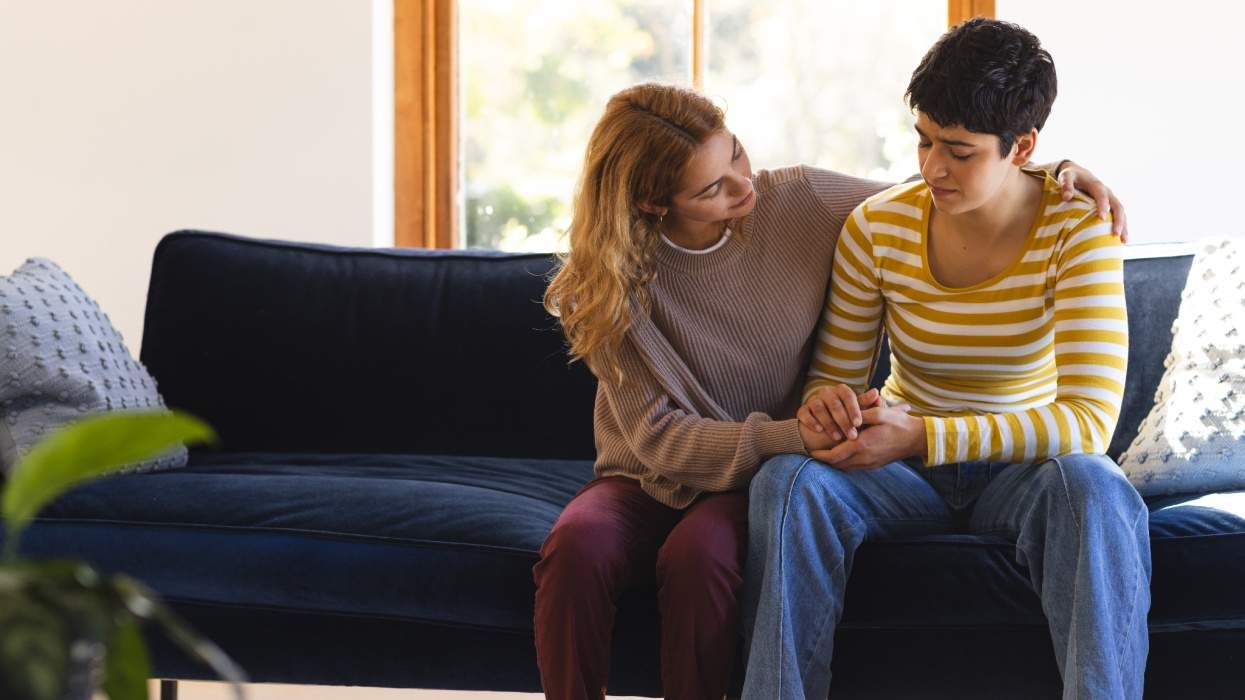
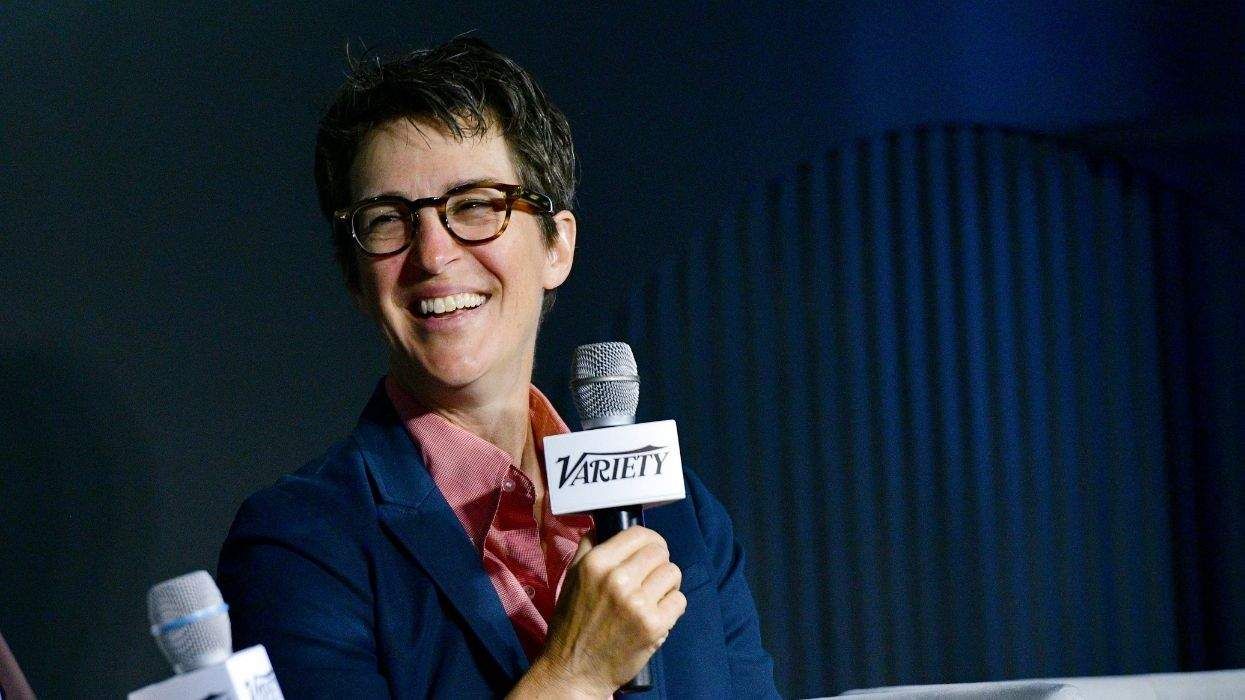



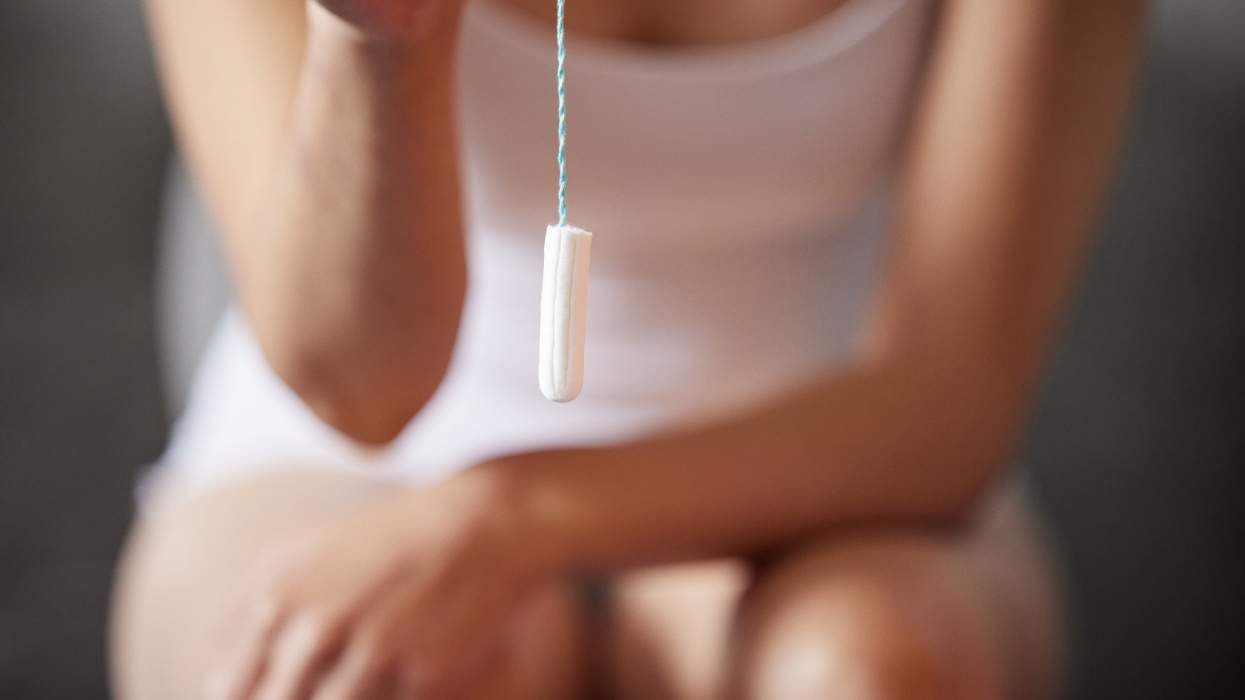

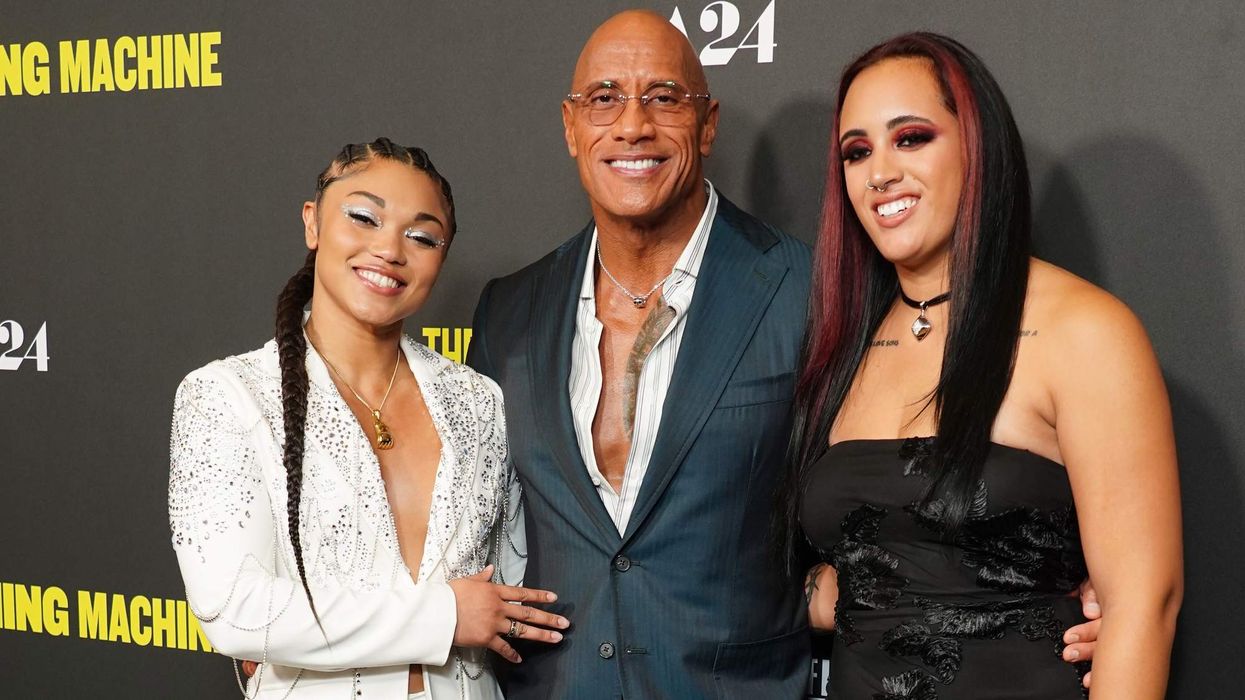
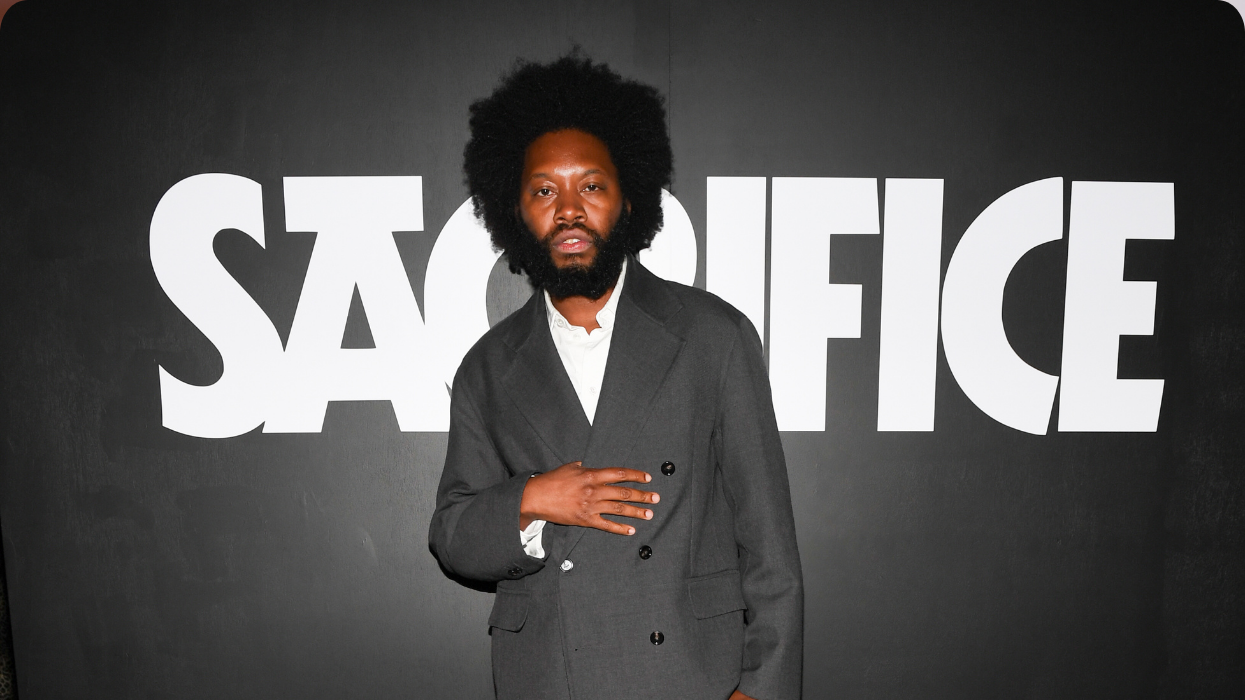
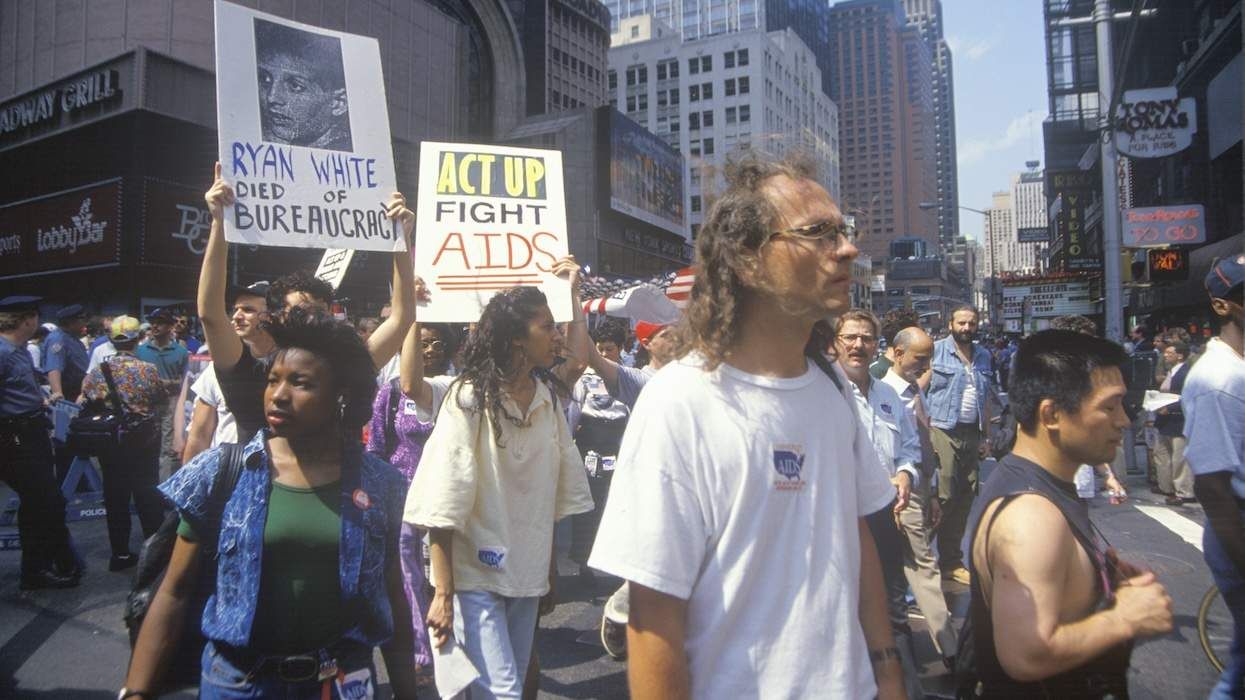



































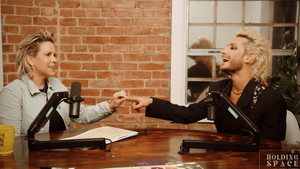







Charlie Kirk DID say stoning gay people was the 'perfect law' — and these other heinous quotes